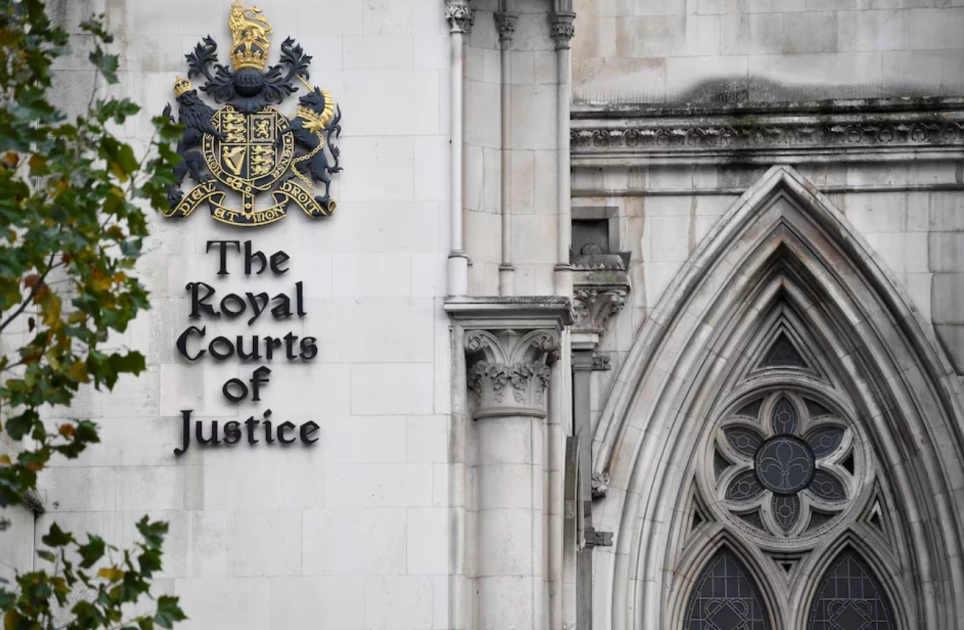Wikipedia operator loses court challenge to UK Online Safety Act regulations

A general view of the Royal Courts of Justice, more commonly known as the High Court, in London, Britain, November 2, 2020. REUTERS/Toby Melville/File Photo

Audio By Carbonatix
The operator of
Wikipedia on Monday lost a legal challenge to parts of Britain's Online Safety
Act, which sets tough new requirements for online platforms and has been
criticised for potentially curtailing free speech.
The Wikipedia
Foundation took legal action at London's High Court over regulations made under
the law, which it said could impose the most stringent category of duties on
Wikipedia.
The foundation
said if it was subject to so-called Category 1 duties – which would require
Wikipedia's users and contributors' identities to be verified – it would need
to drastically reduce the number of British users who can access the site.
Judge Jeremy
Johnson dismissed its case on Monday, but said the Wikimedia Foundation could
bring a further challenge if regulator Ofcom "(impermissibly) concludes
that Wikipedia is a Category 1 service".
He added that his
decision "does not give Ofcom and the Secretary of State a green light to
implement a regime that would significantly impede Wikipedia's
operations".
The Wikimedia
Foundation said the ruling "does not provide the immediate legal
protections for Wikipedia that we hoped for", but welcomed the court's
comments emphasising what it said was "the responsibility of Ofcom and the
UK government to ensure Wikipedia is protected".
Britain's
Department for Science, Innovation and Technology welcomed the judgment, which
it said "will help us continue our work implementing the Online Safety Act
to create a safer online world for everyone".
Ofcom said it
would "continue to progress our work in relation to categorised
services".
The Online Safety
Act, which became law in 2023 and is being rolled out this year, was
criticised earlier this month by social media site X, which said
significant changes were needed to the law.
Free-speech
campaigners and content creators have complained its rules had been implemented
too broadly, resulting in the censorship of legal content.
The British
government says the law is designed to protect children and remove illegal
content. Technology Secretary Peter Kyle has said those who wanted to overturn
it were "on the side of predators".


Leave a Comment